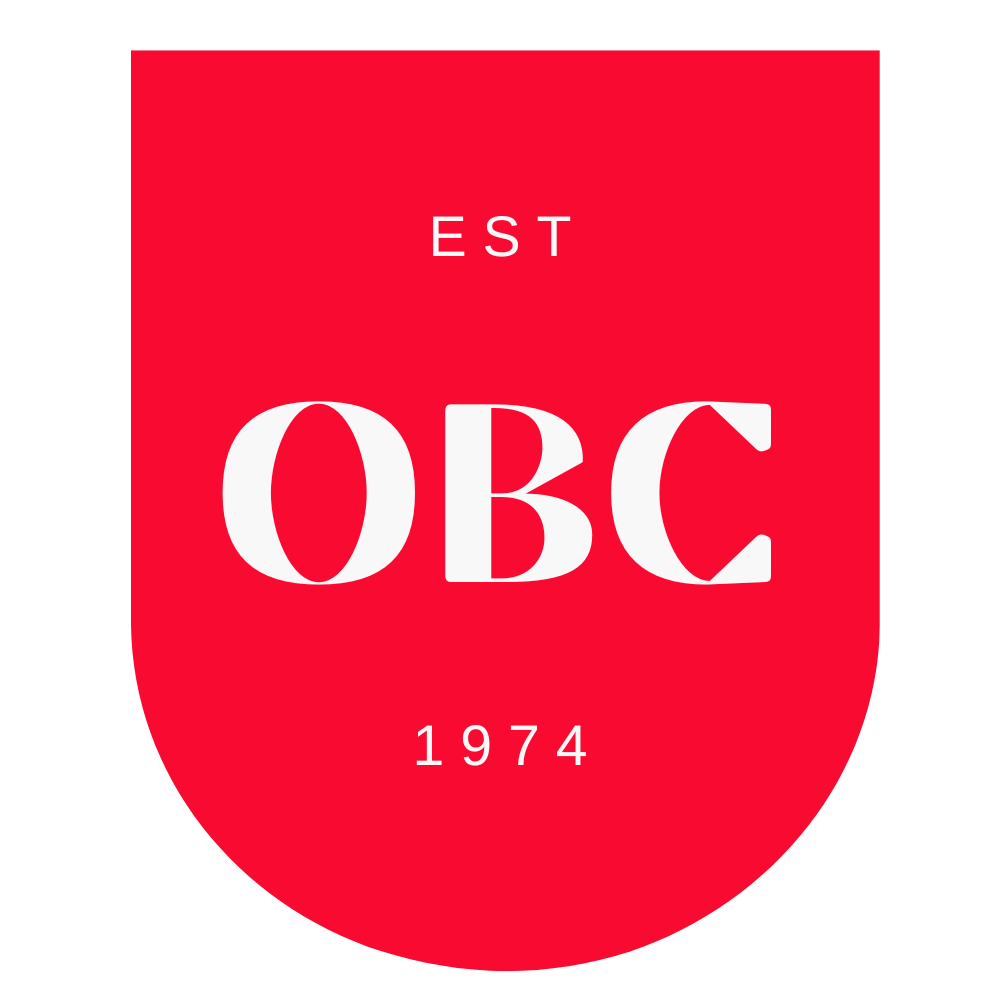Pursuing a Master's Degree in Theological Studies and Christian Leadership
Earning a master's degree in theological studies or Christian leadership is a profound and transformative journey—a journey that transcends mere academic achievement and delves into the depths of personal and spiritual growth. For those with a passion for theology, ministry, and servant leadership, this educational pursuit offers a unique opportunity to deepen their understanding of faith, engage with sacred texts, and cultivate the skills needed to serve and lead with integrity and compassion.
Qualifying for a master's degree program in theological studies or Christian leadership is not merely about meeting academic requirements; it's about answering a higher calling—a calling to pursue knowledge, wisdom, and spiritual discernment and to share what you’ve gained with others. It's about recognizing the sacred responsibility entrusted to those who seek to minister and lead within their communities and beyond. It's about embracing complex ethical dilemmas, and discerning one's vocation in service to God and humanity.
As individuals embark on this quest, they are called to cultivate a spirit of openness, humility, and curiosity—an openness to new ideas, perspectives, and experiences; a humility that recognizes the limitations of human understanding and the need for continual growth and learning.
Throughout the master's degree program, students are invited to engage in deep theological reflection, critical inquiry, and optimal learning opportunities. They are encouraged to wrestle with profound questions of faith, morality, and meaning, drawing upon the rich resources of scripture, tradition, reason, and experience.
Graduates of theological studies and Christian leadership programs emerge not only with academic credentials but with a profound sense of calling—a calling to serve, to lead, and to make a difference in the world. They are equipped with the knowledge, skills, and character traits needed to minister with compassion, lead with integrity, and navigate the complexities of contemporary society with wisdom and grace.
As they step into their vocations, graduates are empowered to embody the values of love, justice, and mercy in their interactions with others. They are called to be agents of reconciliation, healing, and transformation in a world marked by division, brokenness, and despair. They are invited to join in the ongoing work of building God's kingdom on earth—a kingdom characterized by peace, justice, and the flourishing of all creation.
Qualifying for a master's degree in theological studies or Christian leadership is not merely a goal to be achieved; it is a sacred journey—a journey of discovery, growth, and transformation. It is an invitation to embrace the richness of the Christian tradition, to deepen one's relationship with God, and to discern one's unique calling in service to the world.

